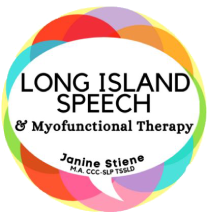Blog
Dysgraphia
Dysgraphia is a term used for problems with transcription; it can occur alone but often accompanies dyslexia and may occur with other learning disabilities. Dysgraphia includes both motoric and linguistic-cognitive aspects of writing; linguistic-cognitive aspects are involved in the writing process and the writing product. Additionally, difficulty may be secondary to issues with letter formation, sequencing, and spelling. Dysgraphia, as it relates to the writing process, involves difficulty planning, drafting, reflecting on, revising, and editing one’s writing. Dysgraphia is also evidenced in poor discourse planning and organization. The presence of dysgraphia may result in difficulty: organizing and adequately expressing thoughts in writing, constructing grammatically correct sentences of varying types and difficulty using writing conventions, and limited written fluency. The writing product of individuals with dysgraphia exhibit problems in syntactic formulation problems, limitation in word choice, and multiple misspelled words. Dysgraphia frequently co-occurs with dyslexia.
Dysgraphia is comprised of the following characteristics: difficulty organizing and adequately expressing thoughts in writing. A person with dysgraphia has difficulty creating grammatically correct sentences of varying types and difficulty using writing conventions (e.g., capitalization and punctuation). From all of these writing difficulties and lack of writing mechanics, people with dysgraphia typically have limited written fluency. A student with dysgraphia will typically have syntactic formulation problems (complexity and correctness impacted). A person with dysgraphia will typically have numerous words spelled incorrectly in their writing samples.
Megan M. CF-SLP MA TSSLD
References




